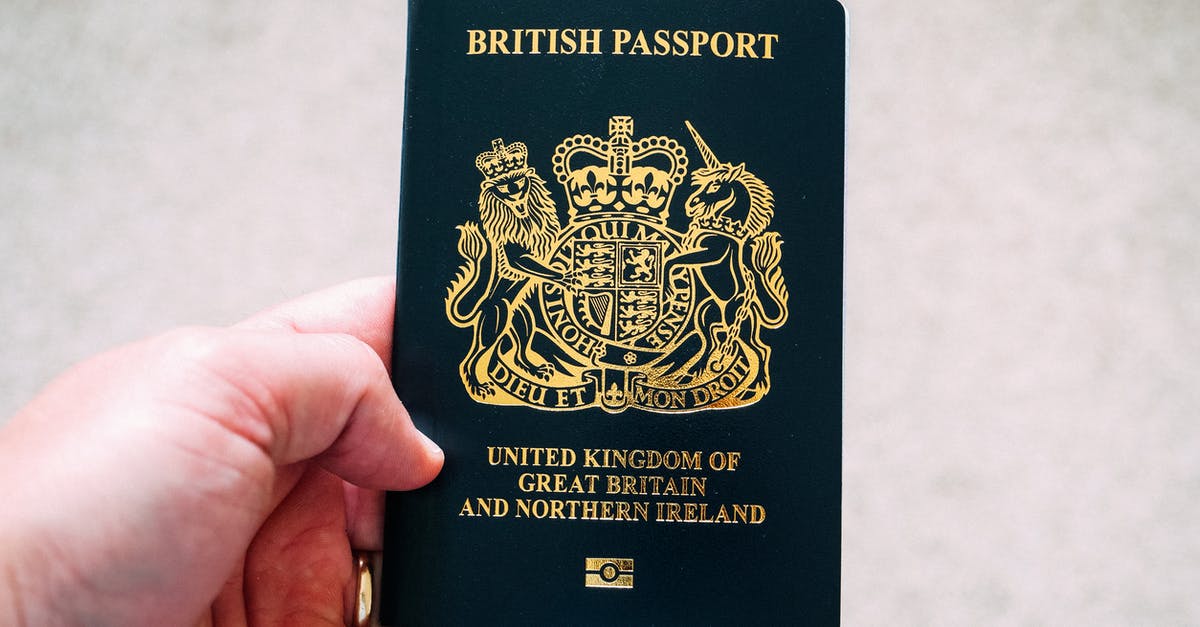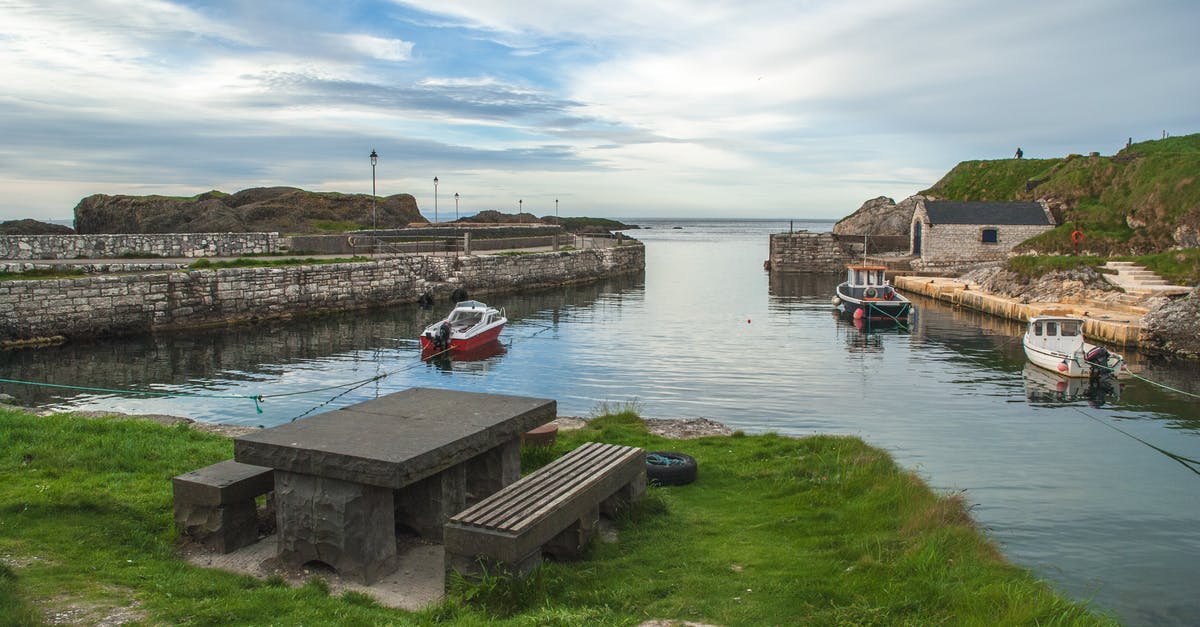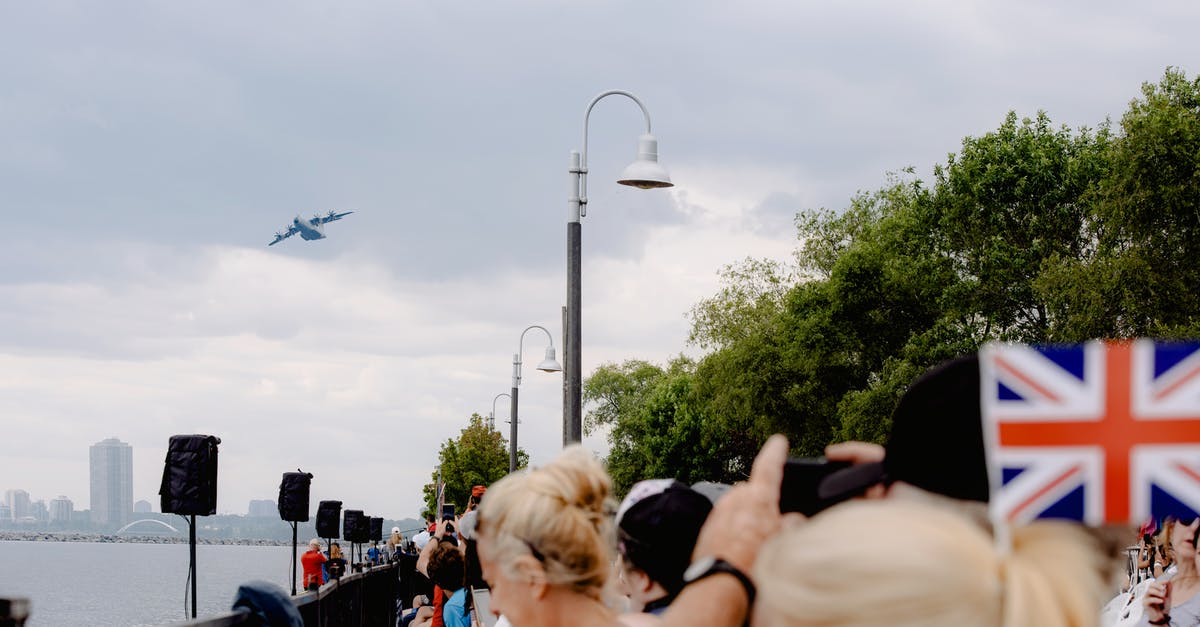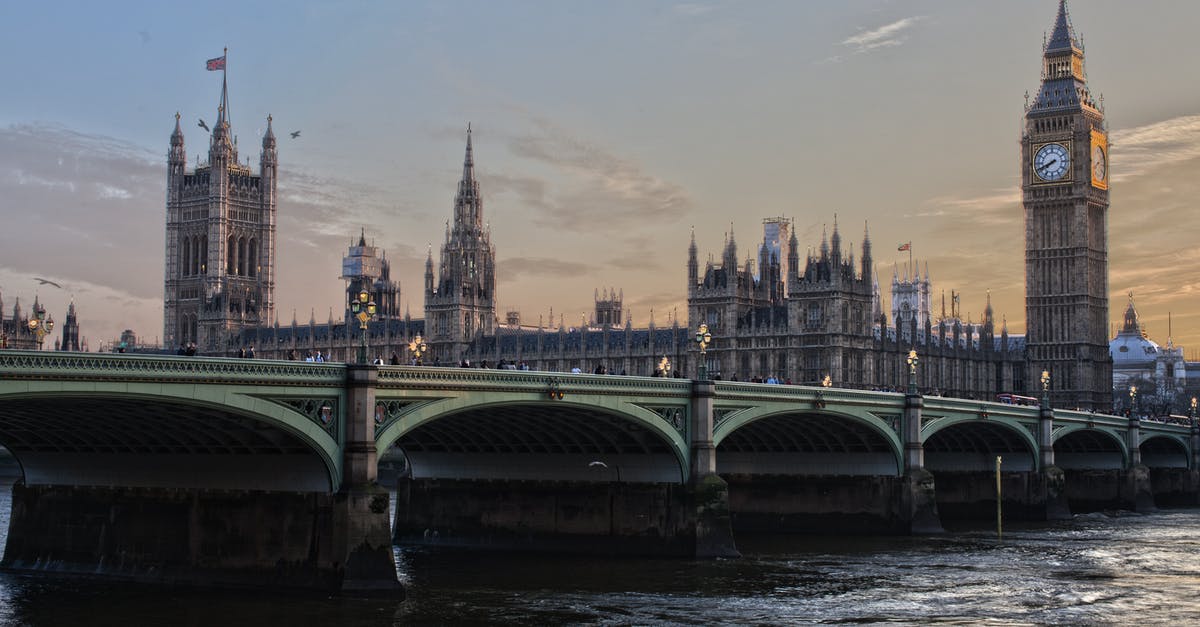Travelling to Spain on an Irish Passport (I am a UK and Irish Citizen - my wife is UK only)

This is both a question and a request for clarification - if anyone knows! I say this as the information is very difficult to obtain and interpret.
I have been investigating the benefits of having an Irish passport and was curious if there was a way that both my wife and I could travel to Spain avoiding the restrictions now in place following Brexit. This is not imperative as we are likely to take out residency but as I say I am curious and I know others are too.
Firstly, I have corresponded with Your Europe Advice who have been very helpful. However, they don't seem to be able to fully answer my question hence this post.
So essentially, I understand that my wife and I can travel to Spain for no more than 90 days using my Irish passport (we could stay longer if travelling in the Schengen area but this is a moot point to us). We are only interested in travelling to Spain. As Your Europe explain (and how I interpret their response) this 90 days spent together appears not to count for my wife should she decide to return by herself and therefore the 90 days is again reset to 0 and she could technically return to Spain for another 90 days.
Given this interpretation am I right in saying that could we, once having spent 90 days in Spain together, return to the UK for a day and return to Spain with myself now using my UK passport and my wife again on her UK passport but with a reset 90 days?
Your Europe's advice suggests that this is possible but again it is not totally clear. Indeed to be fair to them they do say that any 90/180 waver is not actually laid down in black and white but is alluded to in a specific directive.
Regardless, if this interpretation is correct then how is this practically enforced/managed on entry to Spain on both occasions? What passport queue would we go in and what would we say to the guard? Would we for example, enter in the EU lane with me indicating to the chap that my wife was joining me(a EU citizen)in Spain? Would he understand this, would he stamp her passport and would he want to see any proof e.g. marriage certificate? And more importantly, what would happen on the 2nd visit? Would they say she had already been in Spain for 90 days and refuse entry?
I understand that the answer may be that it is simply not allowed but given the information I've obtained it looks like it may be!
Added, was posted in an answers spot:
Firstly, you can only stay 90 days you cannot stay as long as you want. Over 90 days and you have to become a resident or take out an appropriate visa. As for using both passports, this is not illegal and there is no such intent. You are simply asserting your rights of both countries and the rights attached. The last para does not concern my question. I know how and when I would need to register, I am simply asking how, if entering as I've described (and if this scenario is allowed), this would be practically managed at entry.
Best Answer
As an EU citizen, you can travel to Spain, with your wife, for as long as you want. For longer stays, you'll need to fill out some paperwork to establish residency, but that's it. It’s not difficult to do, and there’s no fee.
As for trying to game the system by showing the entry officers different passports and suchlike: don't do it. The fact that you hold two passports does not make you two people, and the privileges of each one are not additive. You won't get away with it, and then you'll be in the position of defending your suspicious and evasive behavior, rather than the position of asserting your rights as a citizen.
Just fill out the paperwork.
As for how it's managed: You could come in "as tourists", not even mention being married or anything, and deal with registering afterwards... but I'd suggest explaining the situation to the entry officer in the first place, because they'll be able to tell you where/how to register.
Pictures about "Travelling to Spain on an Irish Passport (I am a UK and Irish Citizen - my wife is UK only)"



Does a non-EU spouse of a UK national need a visa to Spain?
Generally, the non-EU/EEA partner will need to get a Spanish visa to enter Spain. Then, they can apply for an EU family member residence card from the local Foreigner's Office. If the relationship ends, the non-EU/EEA partner must reapply for a new residence permit within six months.Can EU family member travel to Spain without visa?
Therefore, family members of a citizen of a European Union / European Economic Area country with a 4EuFam residence stamp are exempted of visa to enter into Spain.Do I need a Schengen visa if I am married to an EU citizen?
If you are travelling to the Schengen area as the spouse of an E.U. citizen, you should apply for the European Spouse Schengen Visa.Can my non-EU spouse travel with me?
Travelling in the EU with your non-EU family members Under EU rules, you have the right to travel together with your core family members (non-EU spouse, children, dependent parents or dependent grandparents) to an EU country other than the one you are a national of.How to get Irish Citizenship \u0026 an Irish Passport
More answers regarding travelling to Spain on an Irish Passport (I am a UK and Irish Citizen - my wife is UK only)
Answer 2
The advice you got from ”Your Europe” is confusing and possibly wrong. Let's start with the easy question:
What passport queue would we go in […]
This is described in great details in the Schengen Borders code (article 10) and confirmed by many people on this site. You can take whichever queue you want. In particular, your wife is entitled to go with you through the EU/EEA/Swiss passport lane but both of you are also entitled to go through the “all passports” or “visa not required” lanes (if there is one, I have actually never encountered it in the wild).
[…] and what would we say to the guard.
Typically, you wouldn't have to say much as guards know you have a very strong right to enter the country together (anchored in directive 2004/38/EC, especially articles 1 to 9) but if you must just explain she is your wife and going with you. The only things you have to prove is that you are an EU citizen and that your wife is your wife. A marriage certificate can therefore be useful even if it is typically not required. Your wife's passport is also liable to be stamped but border guards often do not care about the length of earlier stays (because they know the rules I am explaining below). Your passport shouldn't be stamped (and you can enter with a passport card if you have one).
The purpose of your stay is legally irrelevant and shouldn't be queried about. Just say the truth and don't worry about it. If you want to live in Spain, you can say so, there is no requirement to obtain another visa in advance for either you or your wife. If you have been living in Spain, even without registering, you still wouldn't risk much by admitting as much.
So essentially, I understand that my wife and I can travel to Spain for no more than 90 days using my Irish passport
That's not quite correct. You have a right to enter and reside in Spain with your wife. As long as she is joining or accompanying you, she enjoys the same right to be in Spain as you do. There is no 90-day limit and certainly no 90-days-in-any-180-day-period limit.
There is a kind of limit in that after three months (not 90 days), you may have to register with the Spanish authorities and prove you have sufficient income and health insurance. In practice, it's more consequential for third-country nationals (i.e. people who are not from an EU or EEA member state or Switzerland) like your wife because they are more likely to be asked to prove their right to stay in the country.
This threshold applies to both of you but it is only a requirement to complete some formalities, much like registering your address in central Europe, not a limit on your right to reside in the country. You are in any case entitled to enter and stay as long as you want or enter as many times as you want for repeated three-month stays.
Importantly, disregarding this rule exposes you to very mild sanctions, typically a fine (“proportionate and non-discriminatory”). If you show up at the external border with your wife, either after a first three-month stay or after staying more than three months, the border guards can advise you that you need to register or even, theoretically, fine you but they cannot in any event deny entry, detain or remove you.
As Your Europe explain (and how I interpret their response) this 90 days spent together appears not to count for my wife should she decide to return by herself and therefore the 90 days is again reset to 0 and she could technically return to Spain for another 90 days.
That's the part that's most confusing. I don't know what basis Your Europe has for this interpretation. Based on what I just explained, your wife can unquestionably stay for 90 days as a British visitor and then reenter with you as a member of the family of an EU citizen but I don't see how that would work the other way around.
Whatever the case may be, the chance that she would have to explain herself or would even be refused entry are much higher if she enters on her own without the benefits of your freedom of movement rights. While not impossible, establishing that her earlier stay really was covered by freedom of movement rules is also more complicated if you are not present to show your passport and assert your citizenship. I wouldn't advise this.
Sources: Stack Exchange - This article follows the attribution requirements of Stack Exchange and is licensed under CC BY-SA 3.0.
Images: Ethan Wilkinson, Karl MPhotography, Harrison Haines, Pixabay
